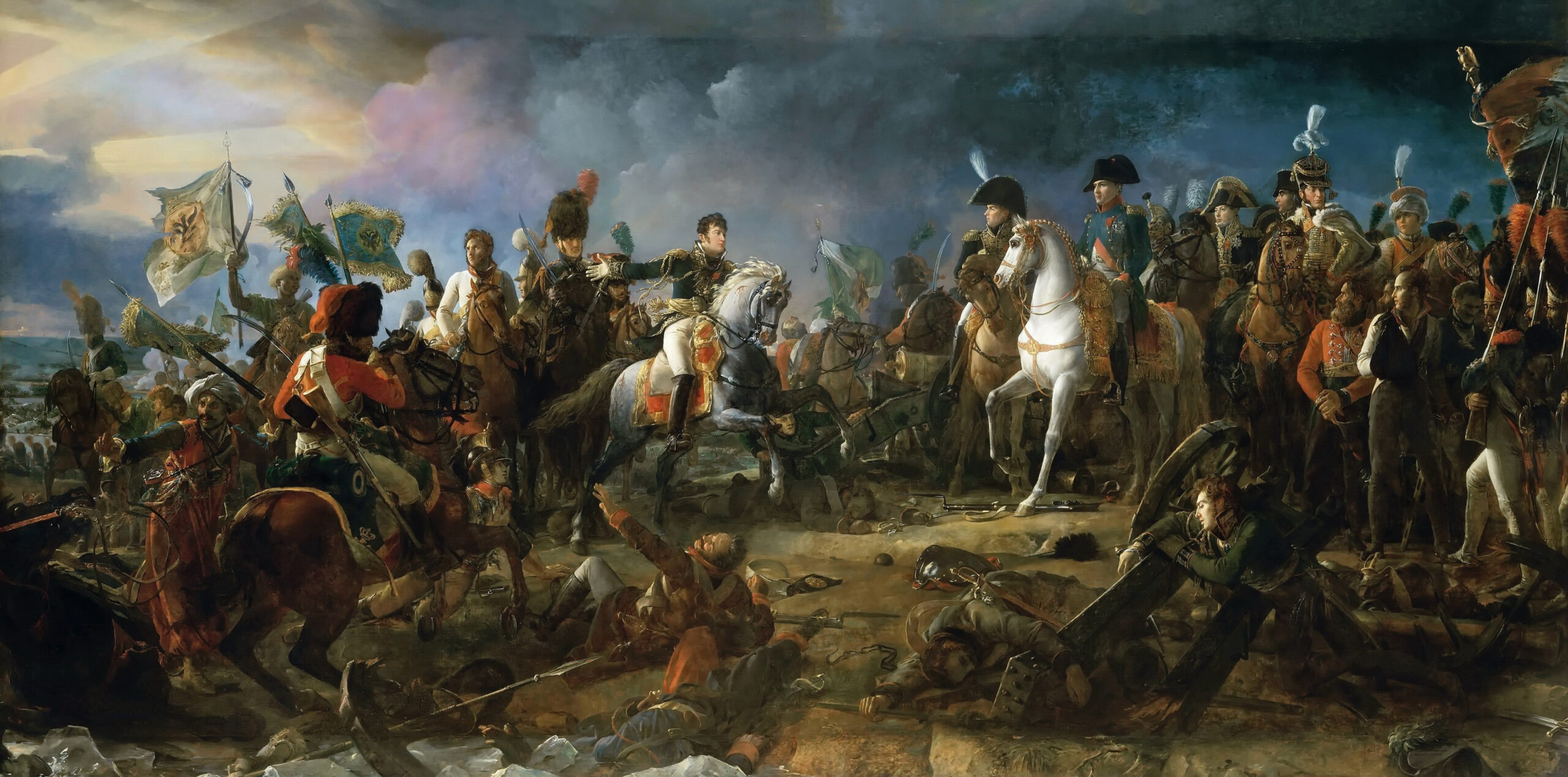CELEBRATING A REAL VICTORY

One of the most celebrated military victories in history took place in 1560. Known as the Battle of Okehazama, it was a decisive encounter of the civil war which had erupted in Japan as a result of warlords battling for control of the entire country. One of the less prominent warlord families was the Oda clan, not considered frontrunners as potential victors in the messy war. The family was led by Oda Nobunaga (1534-1582), a capricious and erratic 26-year-old, widely believed to be mentally unstable.
In 1560, Imagawa Yoshimoto, who headed the far more powerful Imagawa clan, embarked on a campaign to take Kyoto, then the capital of Japan. In order to get to Kyoto, his army needed to cross through Owari, which was controlled by the Oda family. The Imagawa army numbered as many as 40,000 men, while Oda Nobunaga had just 3,000 soldiers in his militia. All of Nobunaga’s generals told him to surrender unconditionally, and to allow the Imagawa army uninterrupted passage. But Nobunaga ordered his men to construct a dummy army, while he snuck up on Yoshimoto’s troops in a flanking maneuver.
Yoshimoto’s men were celebrating various recent victories, and many of them were drunk, convinced that there was no danger from the Oda forces. A thunderstorm masked the Oda army’s approach, and they were able to ambush the unprepared enemy, catching them off-guard. Yoshimoto’s men fled in every direction to avoid being slaughtered, leaving their leader unprotected. Meanwhile, Yoshimoto thought the commotion was a drunken squabble between his men and was killed before he even knew what was happening. Incredibly, the vastly outnumbered Oda army won the battle in less than two hours.
Another military victory considered as remarkable as it was unpredictable, was the Battle of Austerlitz in 1805, also called the Battle of the Three Emperors. It was one the greatest victories for Napoleon Bonaparte (1769-1821), with 68,000 of his Grande Armée troops defeating almost 90,000 Russians and Austrians, forcing Austria to make peace with France in the Treaty of Pressburg, and preventing Prussia from joining the anti-French alliance. Using an array of brilliant tactical maneuvers, Napoleon managed to divide the enemy forces into two, which allowed the French army to wreak havoc and decimate their adversaries.
These examples are just two out of countless similar military victories that stunned those involved when they happened, and continue to be cited as examples of tactical genius and a lucky confluence of circumstances which saw the underdog emerging victorious. But what interests me more than the victories is the fate of the conquering protagonists – Oda Nobunaga and Napoleon Bonaparte.
Nobunaga is considered the first “Great Unifier” of Japan, successful at bringing most of Japan under his control. Then, in 1582, he was unexpectedly set upon by one of his allies, and in the ensuing skirmish committed ritual suicide rather than fall into the hands of enemy forces.
Napoleon’s incredible victories in the Napoleonic Wars that bear his name saw him emerge as one of the most powerful leaders Europe has ever had, but hubris saw him pursue goals that eventually resulted in his ignominious downfall, initially seeing him dispatched as an exile to Elba in 1814, and eventually to St Helena in 1815, where he died – possibly after being poisoned – in 1821.
There’s a powerful message here, and one that resonates deeply with the central theme of Chanukah, namely the miracle of the oil. Truthfully, the oil miracle seems rather minor when compared with the incredible military successes of the Maccabees against a Seleucid Greek army that was far better equipped than they were and vastly outnumbered them.
But the military victory against Antiochus IV Epiphanes was soon a pyrrhic footnote, after the Maccabees launching a royal dynasty, the Hasmoneans, that differed little from the Hellenized Jews and their Seleucid sympathizers they had so vigorously opposed. Over the next century, the Hasmonean dynasty degenerated, and it eventually disintegrated completely at the hands of Herod the Great, an Idumean upstart who had married into the family.
To celebrate the military victory on Chanukah would be to miss the point completely. Which is why the relatively minor aspect of the Channukah story – namely, the ritually pure olive oil that lasted for the 8 days, the time needed before new oil could be pressed and processed – became the central theme of the festival. The military victory was ephemeral, quickly eclipsed by evolving circumstances; but the faith victory, which allowed Judaism to survive and thrive into the future – that was something that remained meaningful long after the spoils of war were distant memories.
In Parshat Vayeishev we are introduced to Joseph, the only one of Jacob’s sons referred to by the sages of the Talmud as Hatzaddik (“the righteous”). While he is certainly worthy of this epithet, his brothers surely deserved to be similarly addressed, but they are always referred to by their given names, with no title.
The message appears to be that while Joseph was one of his era’s most powerful political leaders, with the entire wealth of mighty Egypt under his personal management, it is not this feature of his life’s achievements that had any enduring value. Rather, it is the fact that he was righteous, considerate, generous, loyal, and possessed of a profound faith in God. The riches of ancient Egypt have long since evaporated, but Joseph’s virtues endure, evident in those who remain inspired by his example to rise above the material success and temptations of their lives, and retain a devoted commitment to God.
As we light the Chanukah lights and recite the blessing “who performed miracles for our ancestors in those days, and today,” we should remind ourselves that great military victories soon become irrelevant in the wake of evolving circumstances, but the victory of faith in God is a miracle that always outlasts temporal success.
Image: “La bataille d’Austerlitz, 2 Decembre 1805” by François Gérard (Public Domain)

